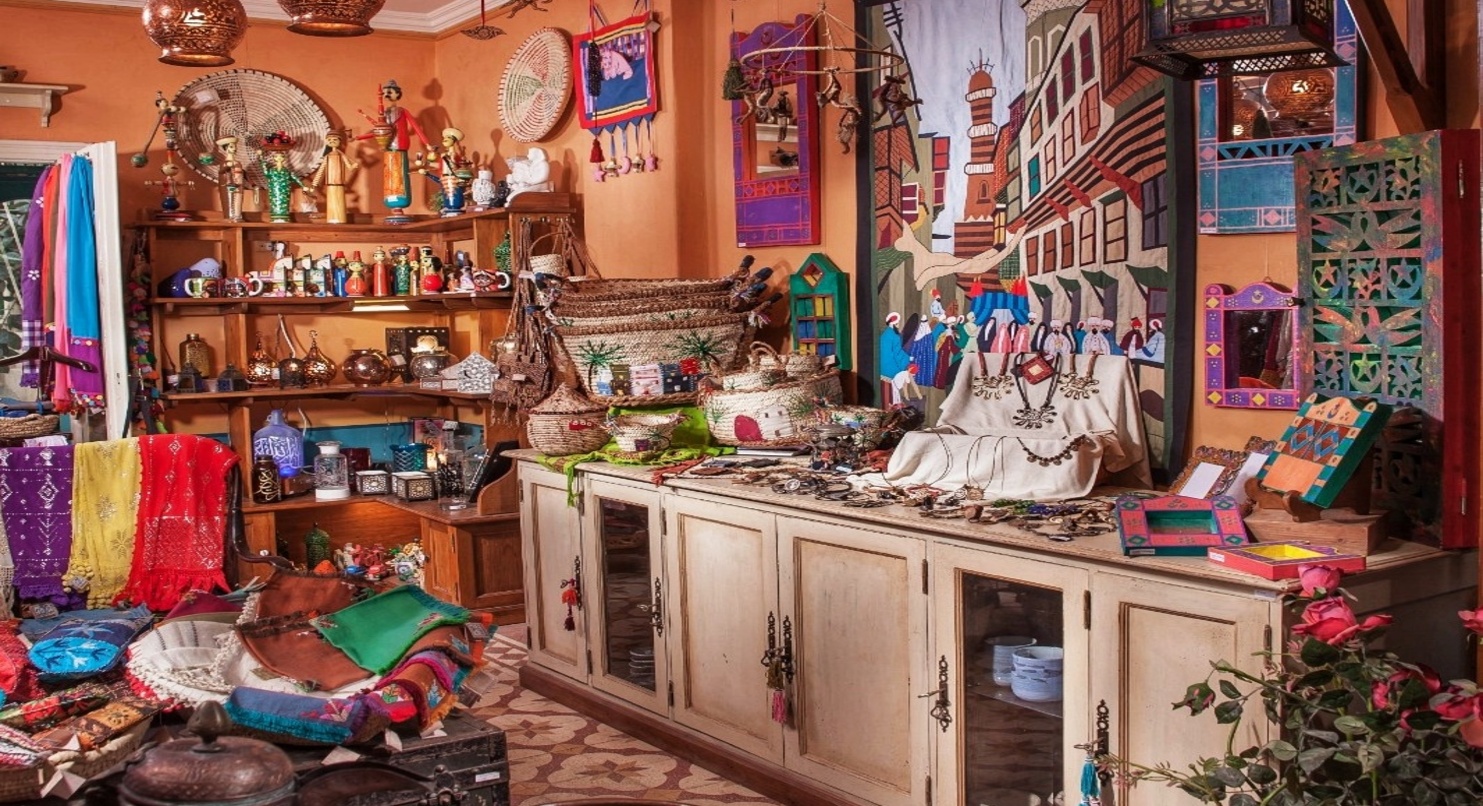Melbalad Gallery of Egyptian Handicrafts is a journey through time and space in search of everything that is authentic about traditional Egyptian handicrafts. Spanning from ancient Egyptian times to the present day, the gallery traverses Egypt, from the Mediterranean to Upper Egypt and from the eastern to the western deserts. Rehab Mansour, the visionary behind Melbalad – which means ‘from the country’ in Arabic – established the gallery in 2008 after immersing herself in academia for 14 years. In an interview with Egyptian Streets, Melbalad founder and CEO Mansour shared her inspiration for embarking on this project, as well as the challenges she encounters in uniting the diverse corners of the country within one initiative. How It All Began Little did Mansour know back then, but her journey towards founding Melbalad Gallery began in 1993, specifically when she was on a quest for a unique interior design graduation project, seeking a departure from the modern and ultra-modern styles she had been immersed in throughout her studies. While everyone seemed to favor French or English classical art, she took a different path and delved into the realm of Islamic art. A…
Melbalad Gallery: a Tribute to Egypt’s Cultural Heritage Through Handicrafts
July 13, 2023



